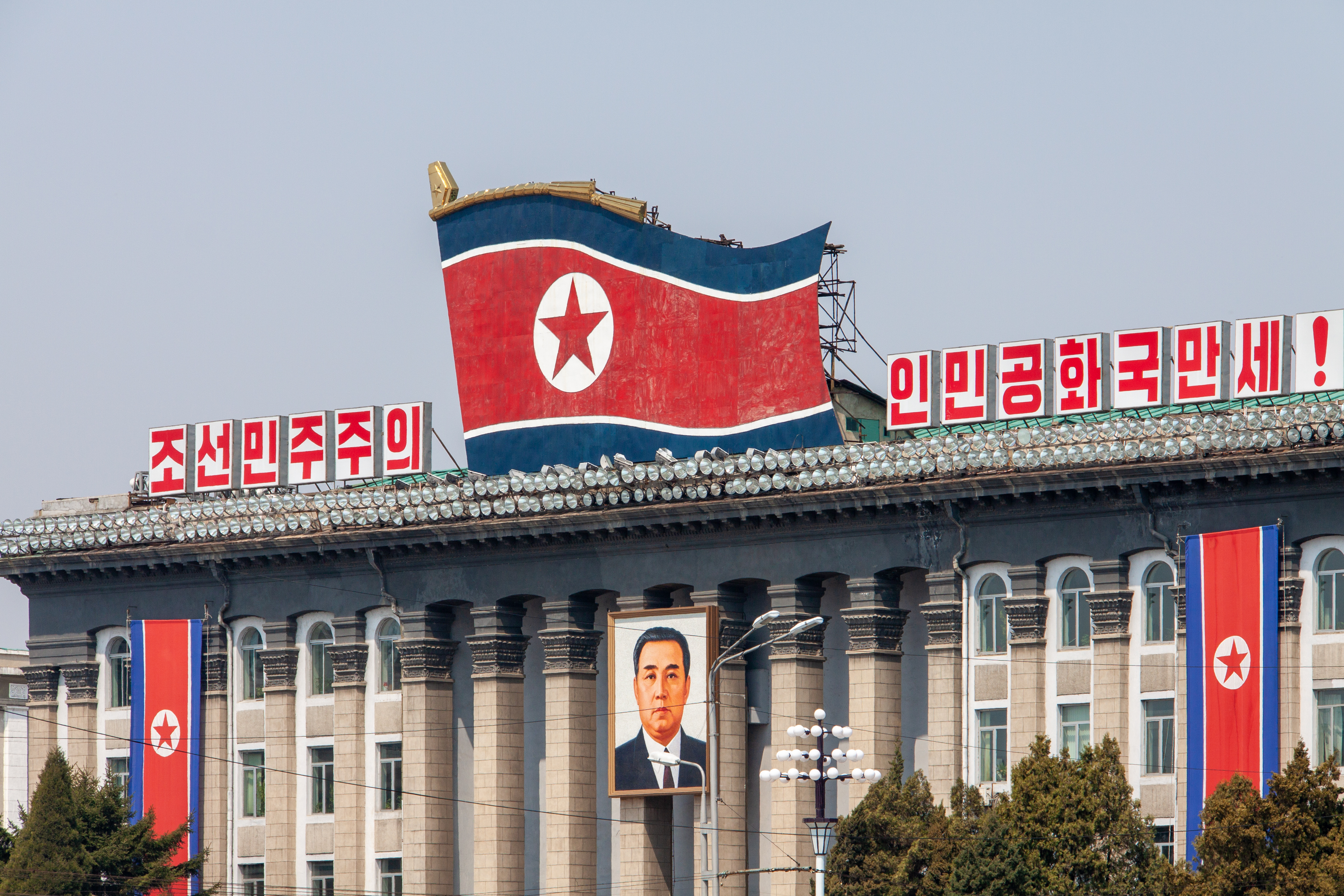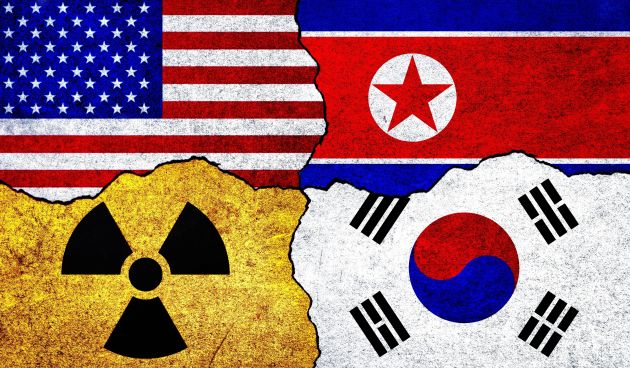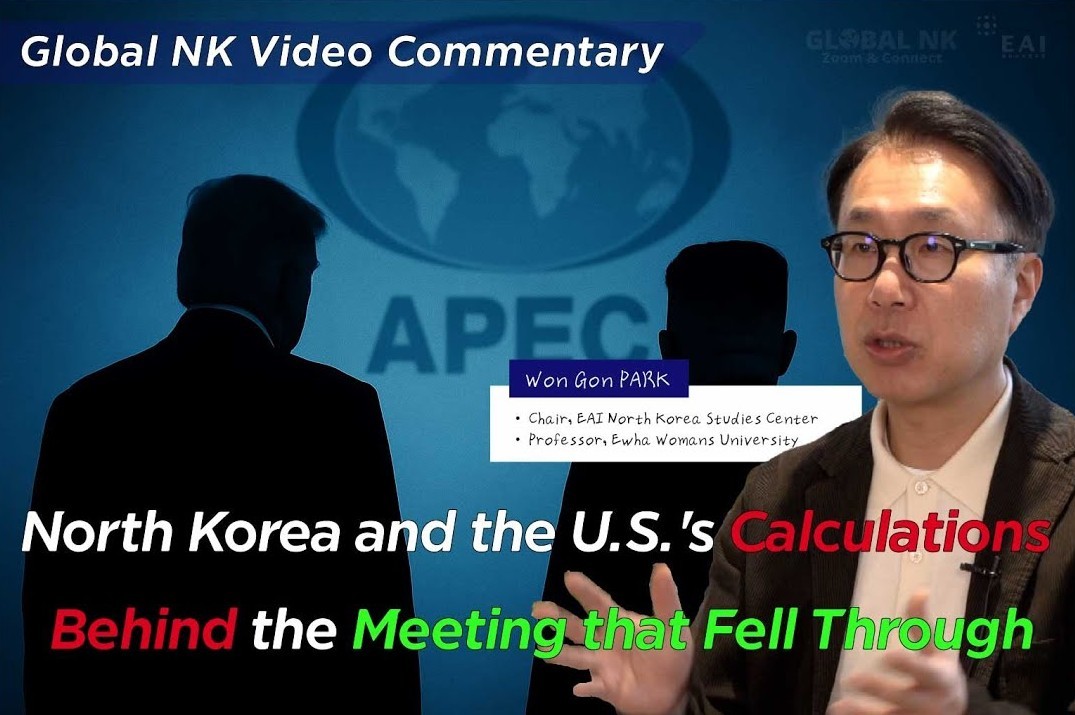The EU first developed a policy towards North Korea in the early 1990s. With the end of the Cold War and the launch of its first Asia strategy in 1994, the EU developed a policy that had engagement at its core. In the early 2000s and mainly as a result of the second North Korean nuclear crisis, the EU launched a ‘critical engagement’ strategy mixing carrots, such as aid and talks, with sticks, including sanctions. Over time, however, the EU’s policy towards North Korea has sidelined engagement in favor of criticism, condemnation, and pressure. As of 2021, the EU’s engagement with North Korea is minimal. In a new article for the Oxford Encyclopaedia of Politics, I explain and analyze this changing policy over the decades.
The EU engages North Korea
The relationship between Europe and North Korea during the Cold War was marked by relatively good relations between Pyongyang and other countries in the communist bloc, incipient exchanges between North Korea and Western Europe, and no relations between the EU – European Economic Community (EEC) back then – and the Asian country. This situation remained relatively unchanged until the late 1980s. By then, Central and Eastern European countries started to normalize diplomatic relations with South Korea. Western Europe, however, did not reciprocate with North Korea.
The collapse of the communist bloc led to rapprochement and normalization between Western Europe and its former foes in Central and Eastern Europe. At the same time, the EEC became the EU in 1992. Two years later, the EU launched its first-ever Asia strategy, calling for a greater European presence in the continent. Among others, the strategy called for the EU to become involved in addressing the North Korean nuclear issue. Discussions about the strategy took place as the first North Korean nuclear crisis raged on; the EU believed that it could support South Korea, the U.S., and the international community at large as they sought to reduce the risk coming out of North Korea.
The EU started its engagement with North Korea with a bang. In 1995, the EU sent aid to North Korea for the first time ever. The EU then joined the Korean Peninsula Energy Development Organization (KEDO) as an executive committee member in September 1997 – one of only four, along with the U.S., South Korea, and Japan. A few months later, the EU and North Korea established a bilateral political dialogue. In 2001, the EU established diplomatic relations with North Korea as many of its member states did the same. And that same year, the EU launched a separate bilateral human rights dialogue with North Korea. In a short span, Brussels had developed a fairly comprehensive relationship with Pyongyang.
This rapprochement between the EU and North Korea came in the context of North Korea’s humanitarian crisis in the mid-1990s, President Kim Dae-jung’s launch of his ‘Sunshine Policy,’ and the U.S.’ push to implement the Agreed Framework. In other words, the EU wanted to support both the diplomatic process to bring North Korea out of the cold, and the people of the country suffering under their regime.
Everything changed, however, with the start of the second nuclear crisis from late 2002. The EU felt betrayed by North Korea after it admitted possession of a highly-enriched uranium program. With the George W. Bush administration taking office in the U.S., distancing itself from the Agreed Framework, and effectively making KEDO obsolete by stopping oil shipments to North Korea, the EU moved to develop a new strategy towards Pyongyang.
Launched in 2003, the new strategy was labelled ‘critical engagement.’ The EU indeed continued to engage with North Korea. Aid continued to flow, the bilateral political and human rights dialogues remained in place, and different EU member states opened embassies in Pyongyang while North Korea reciprocated. However, the optimism of the 1990s was gone. The EU became more critical of North Korea’s nuclear program and human rights record. The groundwork was laid for the EU to take a more critical approach towards North Korea.
Pyongyang’s missile tests of 2006 and, above all, its first-ever nuclear test in October of that year definitely gave those in Europe critical of North Korea the upper hand. The EU transposed the first UN Security Council sanctions that same year, while imposing autonomous sanctions of its own. Meanwhile the EU led efforts at the UN level to condemn North Korea’s human rights record. By the time Kim Jong Il passed away, engagement continued but was becoming secondary to the critical component of the EU’s policy.
Focus on criticism and pressure
Kim Jong Un came to power in late 2011 and dramatically accelerated North Korea’s missile and nuclear weapons program. The EU responded by ramping up pressure while further moving away from engagement. Brussels continued to supplement new UN sanctions with more of its own autonomous ones. In 2013, the EU suspended its human rights dialogue. The political dialogue followed suit in 2015. Aid decreased dramatically, in line with an international community focusing its development efforts elsewhere.
Even as President Moon Jae-in and U.S. President Donald Trump launched a diplomatic offensive in 2017, the EU remained skeptical of engagement. Over the years, Brussels had sought to become more involved in Asian affairs, including through a security strategy towards the continent unveiled in 2018. And South Korea had become a strategic partner of the EU. But the ingrained skepticism towards the Kim regime made European advocates of engagement to be sidelined.
More recently, the EU has equipped itself with new instruments to transform its economic and technological power into hard power. In 2020, Brussels imposed its first-ever cyber sanctions. North Korea was on the original list of countries targeted by them. Earlier in 2021, the EU imposed its first-ever human rights sanctions. Once more, North Korea was one of the first countries on the list.
At the end of the day, the EU is fundamentally different from North Korea. Its politics, economics, and values are at opposite ends. Throughout the 1990s and early 2000s, the EU did try to engage with North Korea as a way to push the Kim regime towards becoming more open. Starting from the mid-2000s and especially during the 2010s, however, Brussels has moved away from this view and towards admonishing and pressuring Pyongyang. This is where the EU stands as of 2021, almost thirty years after it first sought to establish a North Korea strategy. ■
■ Ramon Pacheco PARDO is Professor of International Relations at King's College London and the KF-VUB Korea Chair at the Brussels School of Governance. He is also King's Regional Envoy for East and South East Asia. He is the author of North Korea-US Relations from Kim Jong Il to Kim Jong Un. Professor Pacheco Pardo holds a Ph.D. in International Relations from the London School of Economics and Political Science (LSE).
■ Typeset by Seung Yeon Lee Research Associate
For inquiries: 02 2277 1683 (ext. 205) | slee@eai.or.kr




